I am embarrassingly late to the party on this one, but I finally got around to reading Bruce Feiler’s The Secrets of Happy Families. Let me amend that, I finally got around to reading the chapter in Secrets called “The Right Way to Have Family Dinner” that so many of you have told me about. There was a lot of good stuff in there — including a great story about how New Orleans chef John Besh and his wife abandoned the idea of a 6:00 family dinner in favor of family breakfast and a post-sports-activities family dessert — but what stuck with me the most, was the “Do You Know” Scale.
The scale refers to the twenty questions developed by psychologist Marshall Duke, his wife Sara, and a colleague Robyn Fivush to determine how well kids know their family history. Questions like “”Do you know where your grandfather grew up?” and “Do you know where your parents met?” According to their research, the more kids know about their family history, “the stronger their sense of control over their lives, the higher their self-esteem, and the more successfully they believed their families functioned.”
I know what you’re thinking: This is all great, but why is this in a chapter about Family Dinner? Apparently, the family histories we tell should be filled with moments of struggle and resilience, so sharing them at a dinner table while doing something reassuring, like eating, is a logical place to do it. Though the researchers emphasize that the important thing is that you share the stories, not where you share the stories. It’s all about the “child’s sense of being part of a larger family.”
I apologize if you all read this a year ago when the book came out, but I thought it might be helpful to see what the twenty questions were. Not so you can see if you pass or fail anything (I think my kids could maybe answer about half of them) but because they should trigger some pretty entertaining conversations at the table — or elsewhere.
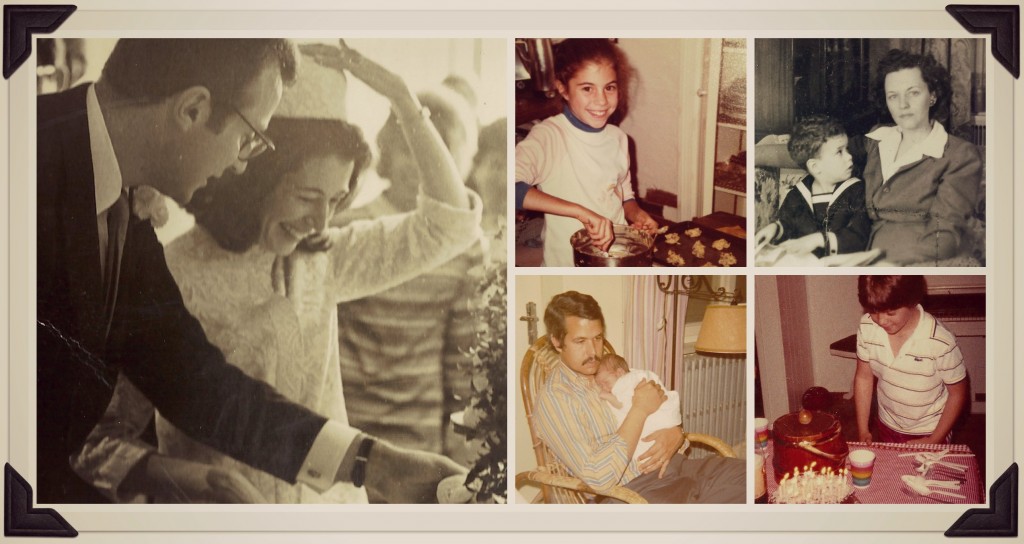

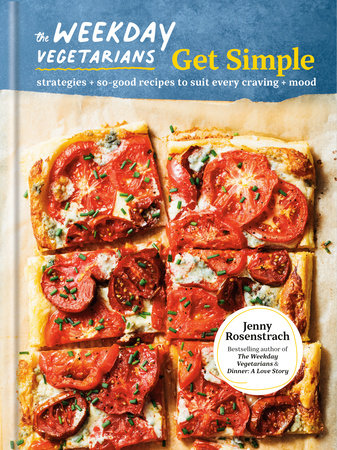
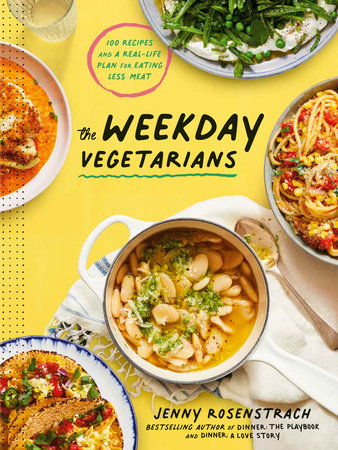
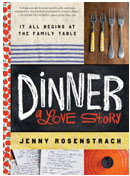
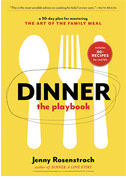

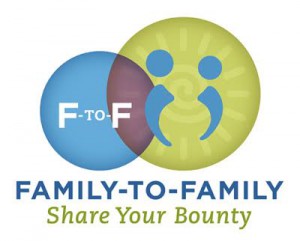
This looks like a great book, thank you for the rec! I checked out the 20 questions, and they do indeed look like they would make great family dinner conversation (and have at our table).
But… many of these questions are phrased in such a way that they assume the children answering them are part of a “traditional” family with one mom and one dad who are married to each other.
This was the kind of thing that made me terribly sad and alienated when I was single mom (the word “family” is so darn loaded). I can only imagine it would make other families who look different uncomfortable, too.
Now that I’m remarried, these questions don’t make me sad per se, but they are very complicated. I could not ask these specific questions or have these conversations at my dinner table without making some members of my family feel left out or uncomfortable.
I guess – just as with recipes – we all just need to rewrite these questions for ourselves, in a way that makes sense for our families.
That is an excellent point, Nicole. I think you’re right, though, they are just an outline. They should serve as a springboard to ask the appropriate questions the appropriate way in your own family, however you define family. Thank you very much for pointing that out.
I think the 20 questions is great! It’s so sad how little I know about my parents and my grandparents…..and sadly I lost my grandparents (in their 90’s) and they had such a unique past too, that I never uncovered. They lived in Germany (but were Russian) were stuck in concentration camps for years in labor, managed to escape and came to the U.S. So sad I don’t know more!!
Oh thank you for sharing the book recommendation and questions. I love stuff like this and think it will make for great conversations at dinner rather than the “what did you do today?”…”I dunno” variety.